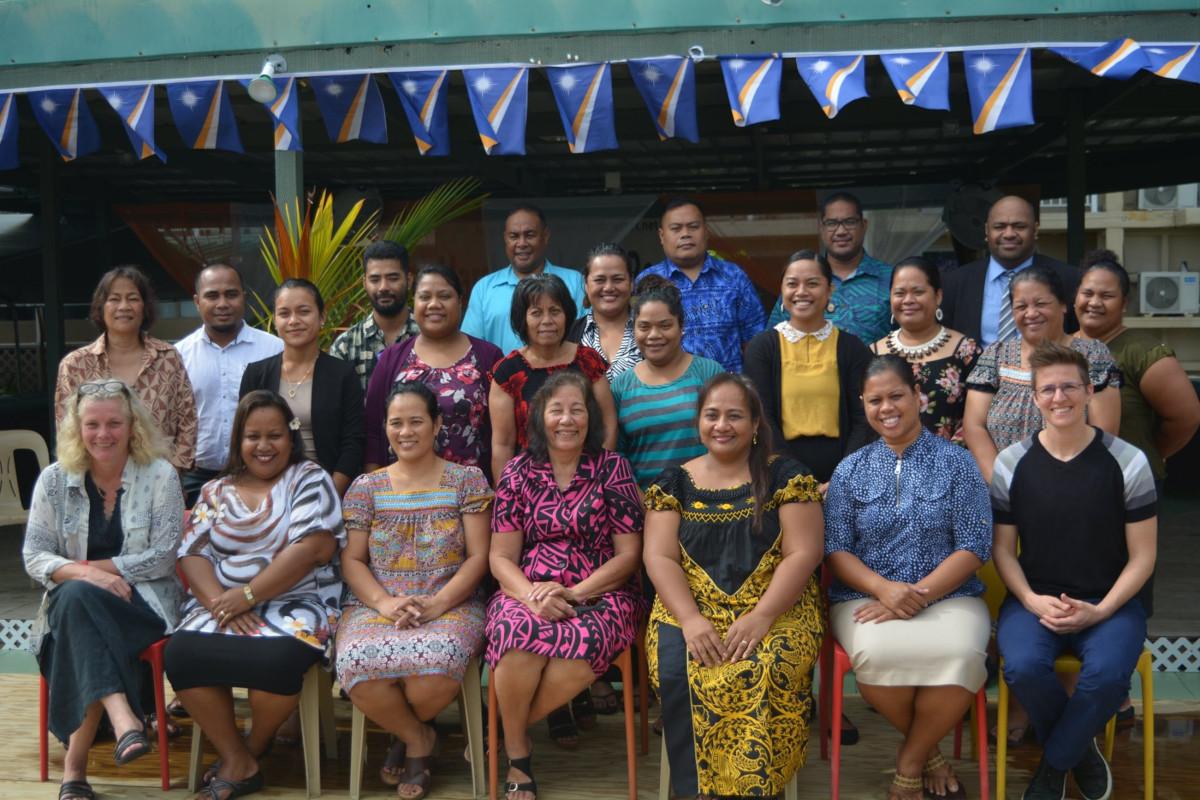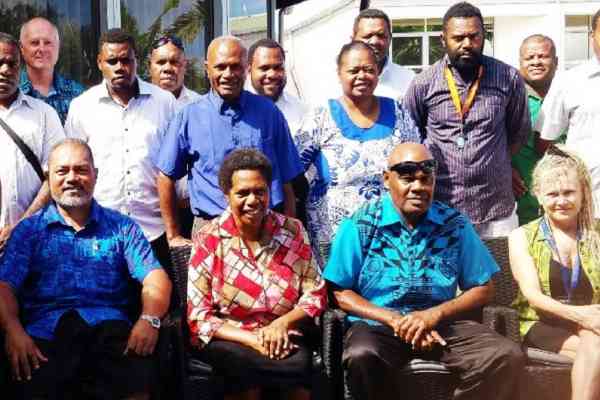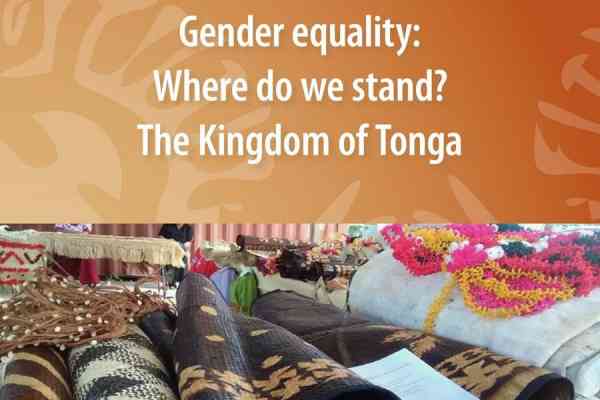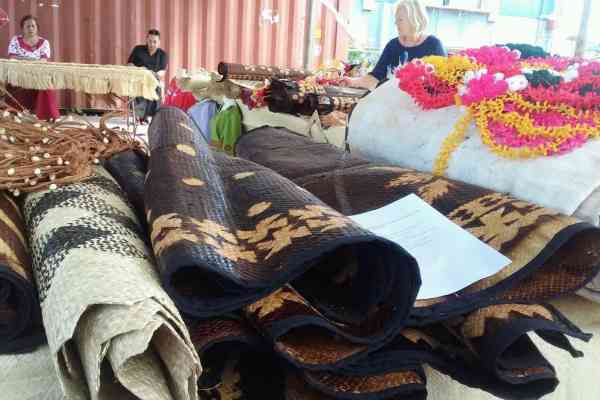Government gender equality experts from Kiribati, Nauru, Federated States of Micronesia and Palau joined with colleagues from the Marshall Islands to develop program logic and work plans for the next five years to progress gender equality. The workshop was convened by the Pacific Community (SPC) Social Development Programe’s ‘Progressing Gender Equality in the Pacific’ (PGEP) project; led by Ms. Kim Robertson, PGEP’s Gender Statistics Advisor, assisted by Ms. Veena Singh, the project’s Gender Research Officer.
PGEP began in 2014 and 2019 is the start of the second phase, with funding support from Australia’s Pacific Women Shaping Pacific Development (Pacific Women) program of AUD$5.5 million until 2019. “AUD$5.5 million might seem like a lot of money, but when you consider that this funding is for five years and spread across 14 Pacific Island Countries to support gender mainstreaming, we have to be very careful that our technical assistance and support achieves results for countries in the most efficient and effective way possible” Ms. Robertson noted.
The main objective of the workshop was to identify country priorities related to implementing policies to integrate outcomes that advance gender equality across all government sectors and specific priorities identified by countries such as women’s reproductive health; with participants developing theories of change as well as monitoring, evaluation and reporting processes for their country. These ‘theories of change’ identify priority outcomes for each country over five years, and the changes required to achieve this outcome. The changes, in turn, are linked with results and outputs that successively build towards the identified goal, supporting evidence-informed planning, policy development and program delivery and exchange of knowledge and information amongst stakeholders.
“We are pleased that the focus of the workshop was identifying our national priorities so that the support we receive from SPC meets our needs. This kind of planning and strategic thinking is relatively new here in RMI, and I encouraged a number of staff from the Ministry of Culture and Internal Affairs to participate in this workshop because we need to shift our way of working from focusing on activities to the main changes we want to see and the activities that will lead to that change in the context of what implementing our gender equality policy. The workshop has galvanized the Community Development Division to use outcomes to guide their work and challenged them to reconsider what activities they are currently carrying out in the context of the results they want to achieve supported by developing very clear next steps.” noted Minister Matthew, of the Ministry of Culture and Internal Affairs. “We have made real progress over the past five years with support from SPC and other development partners in terms of addressing the issues identified in the ‘stock take’ of government’s capacity to integrate gender equality across all sectors, disseminating gender data and statistics in the Gender Equality: Where do we Stand? RMI publication and taking action to realize our human rights commitments like the Convention on the Elimination of all Forms of Discrimination against Women (CEDAW). We will continue with this work with tighter focus on coordination, whole of government commitment and accountability; and we will improve our monitoring, evaluation and learning processes to reflect on progress towards our outcomes.”



